In South Africa, breaking the law is accompanied by an arrest.
However, arrests can only be made by police in line with the provisions of the law.
Often, a warrant of arrest is necessary, while at times, it is not.

Image: pixabay.comSource: UGC
So, what is the procedure for arresting a person in South Africa?
Similar to many countries around the world, South Africa is governed by the rule of law.
The police are among the state departments strictly guided by this law.
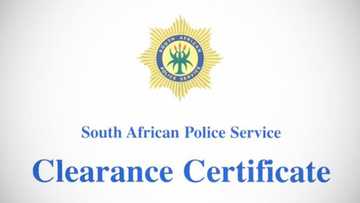
Read also
Can police arrest you without evidence?
It is against the law for an enforcement officer to arrest anyone without tangible evidence.
The law strictly recommends them to apprehend suspects on legal grounds.

Read also
That said, any arrest should be prompted by a probable cause.
Otherwise, you have the right to challenge an unlawful arrest in a court of law.
Normally, the enforcement officers should hold a suspectin custody for 24 hours.
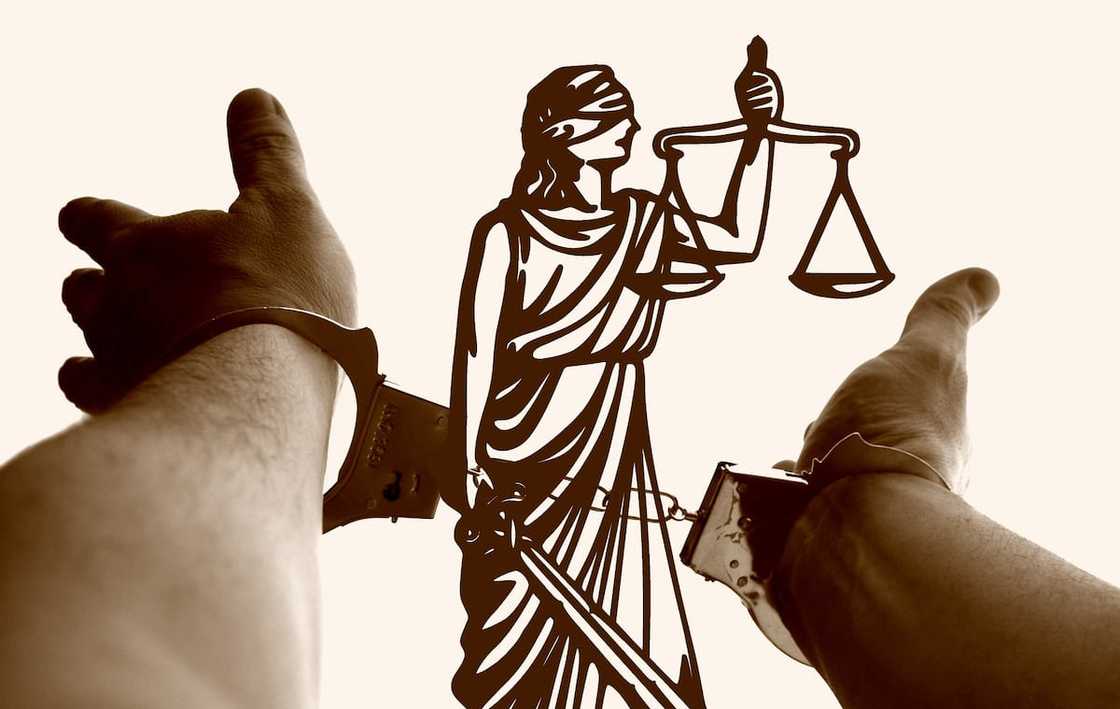
Image: pixabay.comSource: UGC
After this period, they should present you to a judge in court.
However, the same enforcement officers can request an app to hold you up to 48 hours.
Can I be arrested without a warrant of arrest?
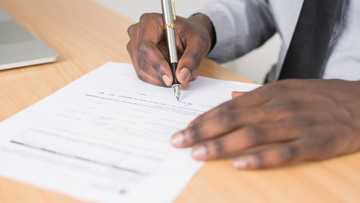
Read also
Can the police search your house without a warrant in South Africa?
The constitution consents enforcement officers to do a search and seize a property where reasonable.
The same applies when searching a vehicle at a roadblock.

Read also
However, it should strictly be under the confinement of the law.
Otherwise, if excess force is used, the search can be rendered worthless.
The explanation should be in a language you’ve got the option to comprehend.
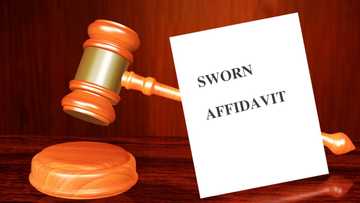
Read also
Similarly, a warrant of arrest should be provided to you, if any.
If one is not provided, you are entitled to request one.
Even so, you should not resist an arrest because one is not provided.
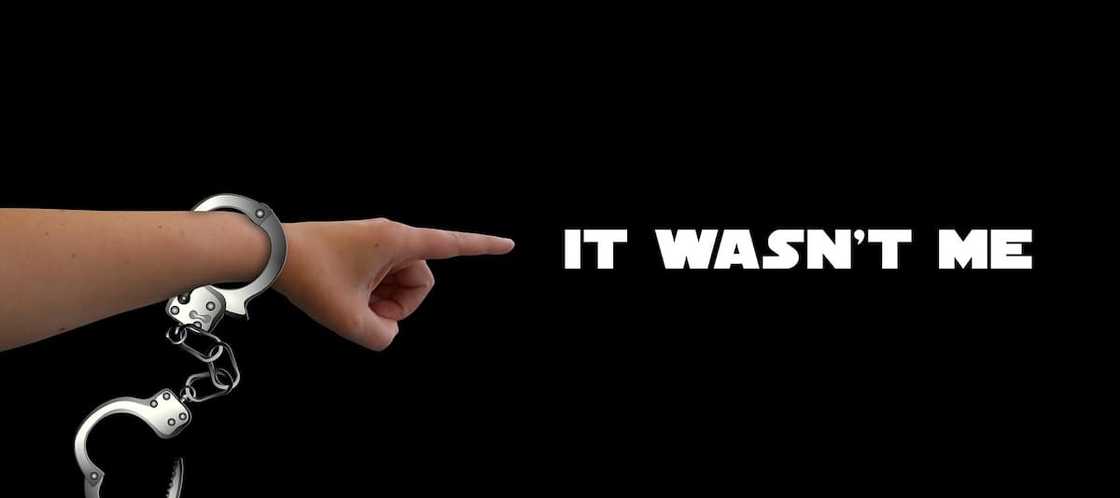
Image: pixabay.comSource: UGC
You have the right to remain silent during an arrest.
Like most countries in the world, the law presumes a suspect innocent until proven otherwise.
The constitution advises against keeping a detainee in a cell for long without a trial.

Image: pixabay.com (modified by author)Source: UGC
Thus, they have the right to be brought before a judgenot more thantwo days after their apprehension.
A suspect should demand to be held in a clean cell.
In other words, human dignity is necessary for everyone.

Read also
Food, beddings, and medical aid are among the essentials one is entitled while they are in detention.
Also, the trial should be in a language a suspect can comprehend.
If found guilty, one can be fined, imprisoned, or both.

Read also
Normally, the sum varies depending on the crime committed by an individual.
At times, bail may not be guaranteed to some lawbreakers based on several factors.
This amount is usually paid back to an individual if they are not found guilty.
Minor offenders can be released without bail.
However, the decision is made by a senior officer.
A warning is served alongside some conditions to be strictly observed by the accused.
Defying the conditions can prompt a re-arrest.
Admission of guilt fine
Less serious crime lawbreakerscan admit guiltto avoid appearing in court.
This bang out of penalty is essential when courts are overloaded.
The South African Police Service facilitates it.
The fine is broadly explained in the South African legal system.
Between 2014 and 2015, the stateincurred an approximateof R26 million in terms of damages for wrongful arrests.
It is essential to note that one is presumed innocent until proven otherwise.
Legal advice may come in handy in an instance one does not comprehend their rights.
DISCLAIMER: This piece is strictly intended for general use only.
It does not intend to address individual circumstances.
Any action you take upon the information presented in this article is strictly at your own risk and responsibility!
She graduated from Chuka University with a BA degree in Journalism and Mass Communication (2023).
She joined Briefly in 2019.
In 2023, Rodah finished the AFP course on Digital Investigation Techniques.
Her email is rodahmugeni998@gmail.com